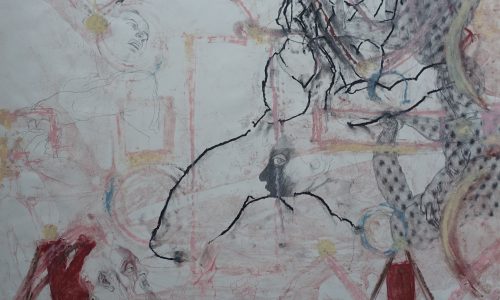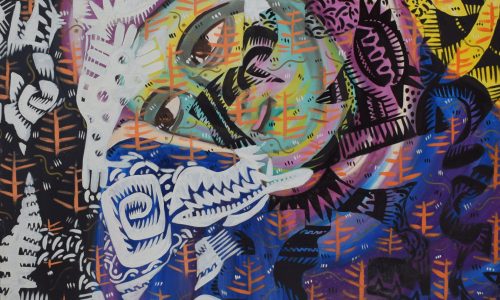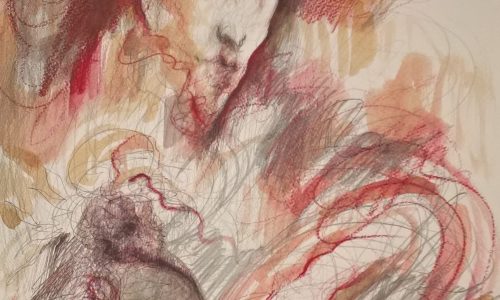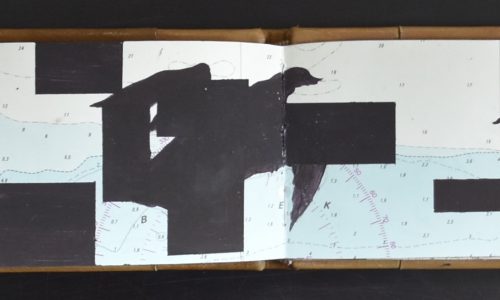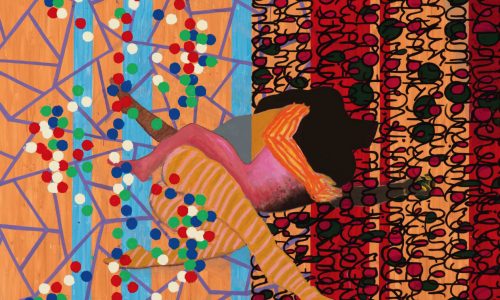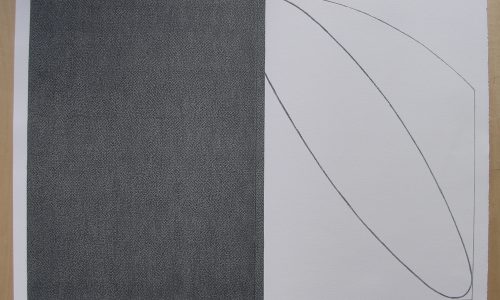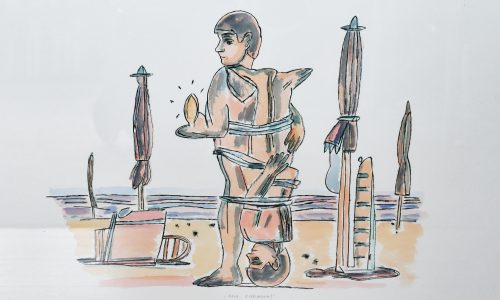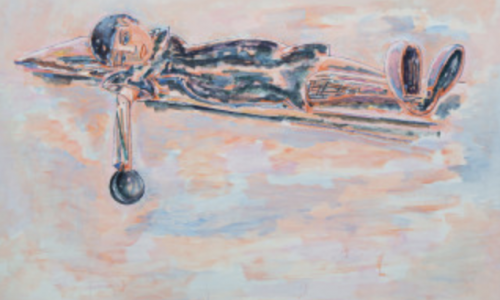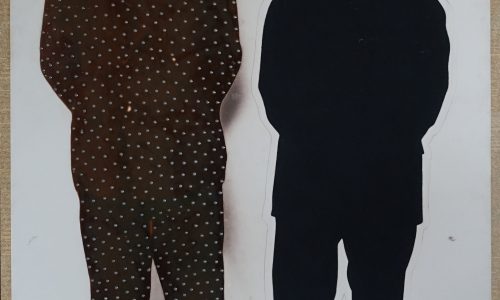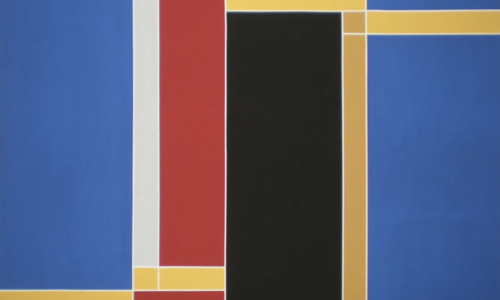
Hans Hofmann (1880–1966) holds a significant position in postwar American art. He is widely praised for his lively, vibrant canvases and acclaimed as a profound mentor for generations of artists, beginning in his homeland of Germany and later in New York and Provincetown. Hofmann’s influence was vital in the development of Abstract Expressionism.
From 1900 to 1930, Hofmann explored and studied in Munich and Paris before returning to Munich. In 1933, he moved to New York and then to Provincetown, where he remained for the next forty years. Throughout this time, Hofmann’s transition from distinguished art instructor to pivotal modern artist brought him into the circle of prominent figures in twentieth century art, such as Henri Matisse, Pablo Picasso, Georges Braque, Wassily Kandinsky, Betty Parsons, Peggy Guggenheim, Sonia and Robert Delaunay, Lee Krasner, Jackson Pollock, and many others. His thriving career was guided by the postwar modern art dealer Sam Kootz, cemented by the art historian and critic Clement Greenberg, and solidified by the unwavering support of his first wife, Maria “Miz” Wolfegg (1885-1963).
Upon reaching the age of 64, Hofmann debuted his first solo exhibition at Art of This Century in New York in 1944. Despite the demands of his teaching career, he dedicated himself to painting until the closure of his school in 1956. This shift in focus allowed for a renewal of his artistic pursuits during the height of the Abstract Expressionism movement. Over the next two decades, Hofmann’s extensive body of work was heavily influenced by Matisse’s use of vibrant colors and Cubism’s unconventional approach to form. He coined his own artistic theory, known as “push and pull,” which emphasized the interconnectedness of form, color, and space.
From his initial landscapes of the 1930s, to his later “slab” paintings of the 1950s, and his abstract pieces towards the end of his life in 1966, Hofmann continuously pushed the boundaries with his experimental color combinations and formal contrasts, transcending traditional genres and styles.
www.ftn-books.com has Hoffmann titles available















































